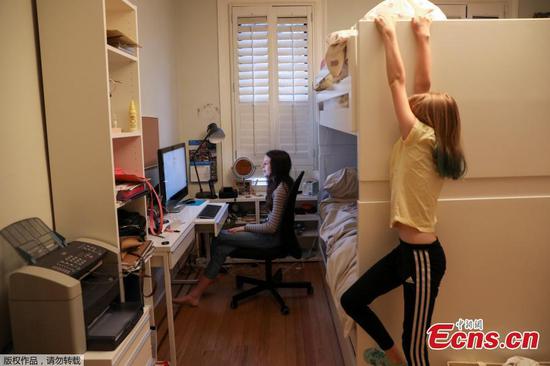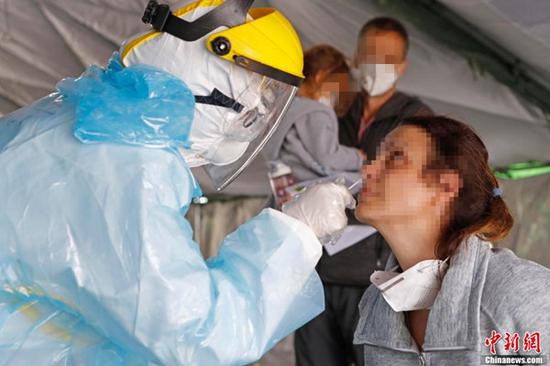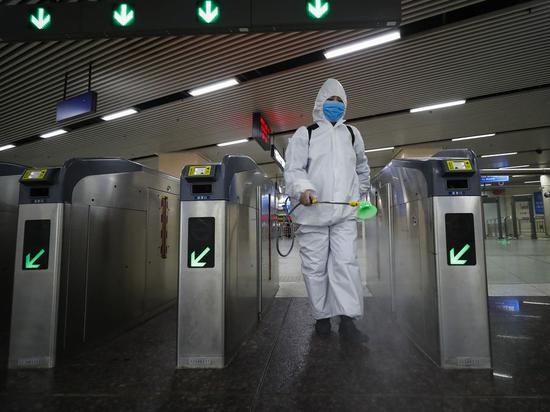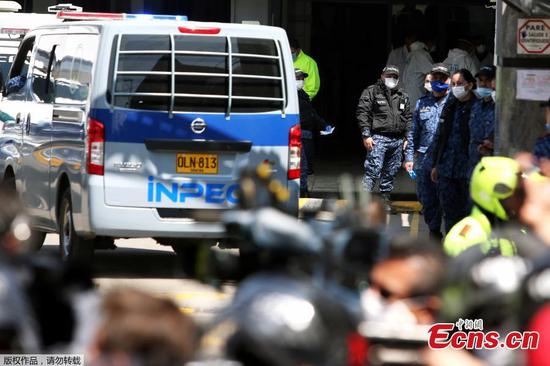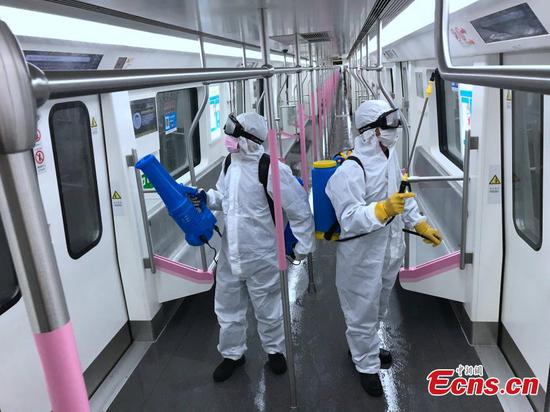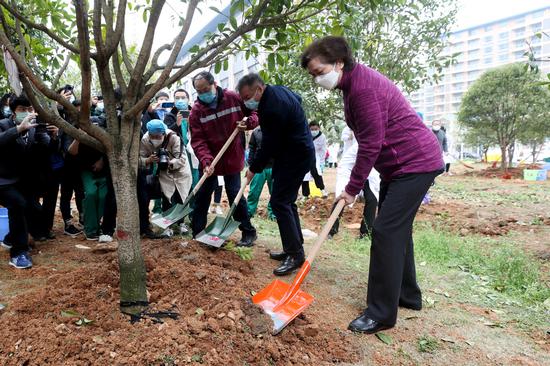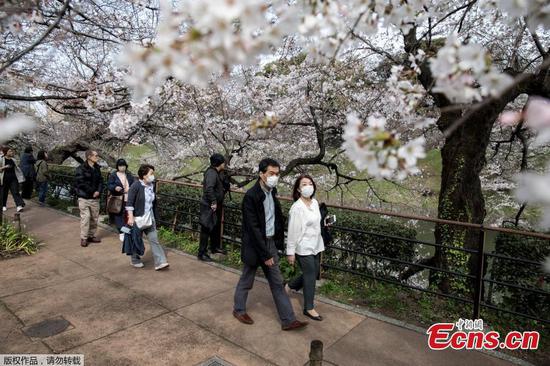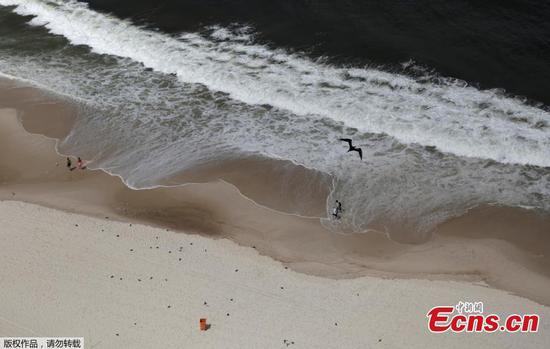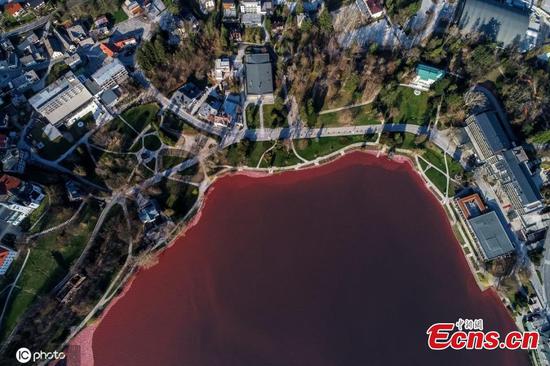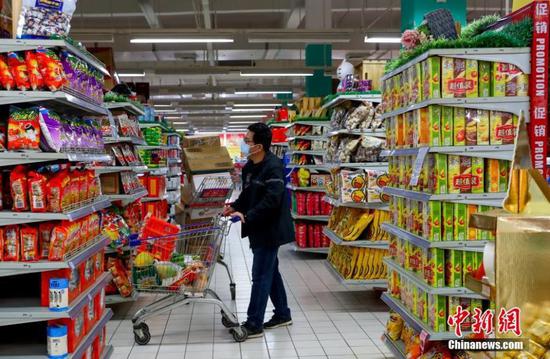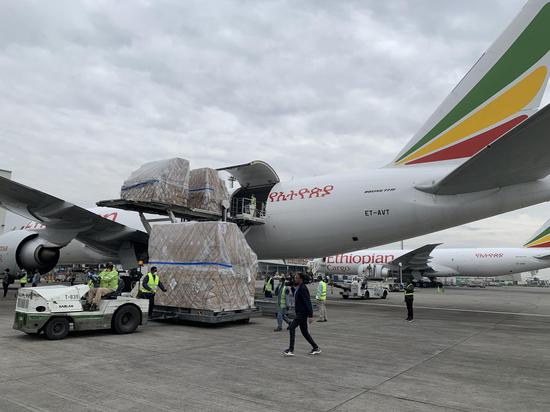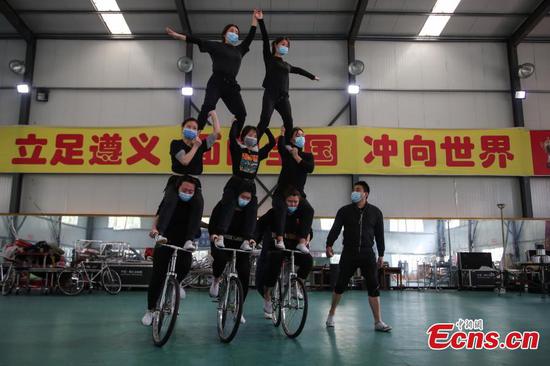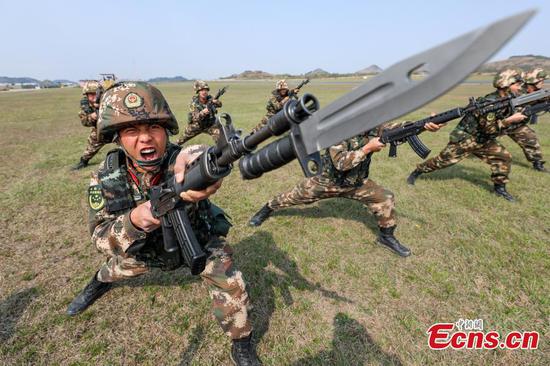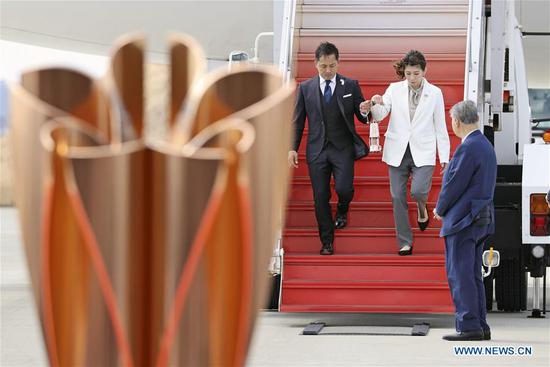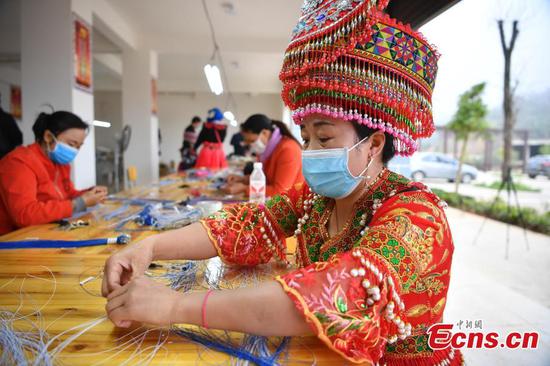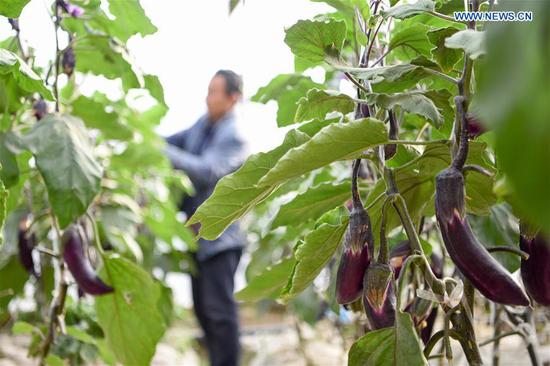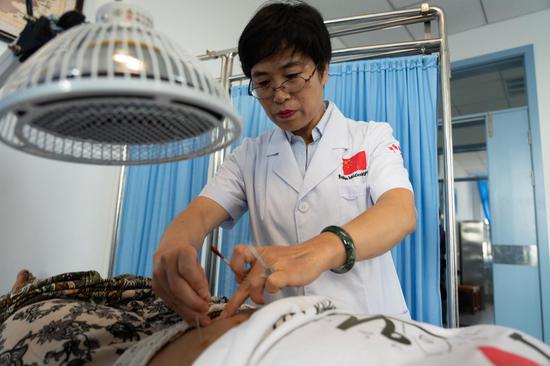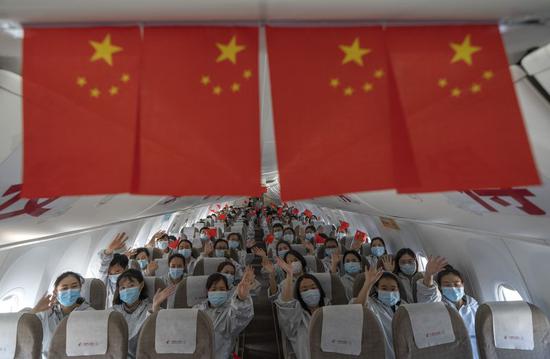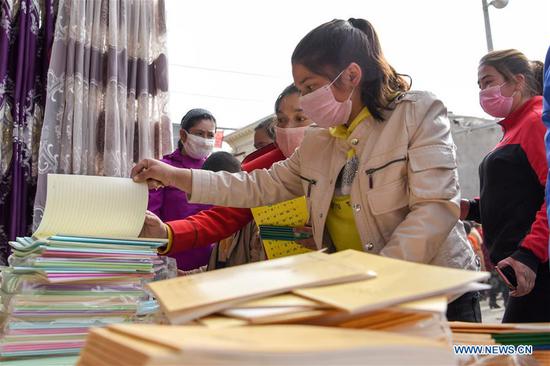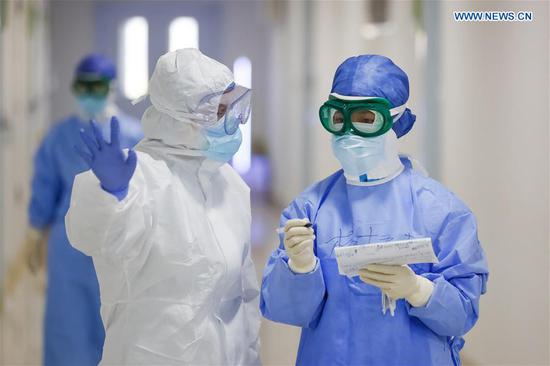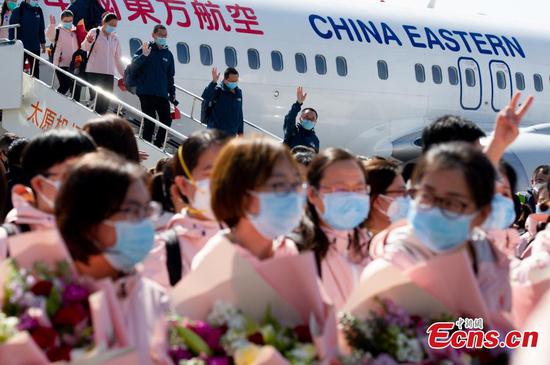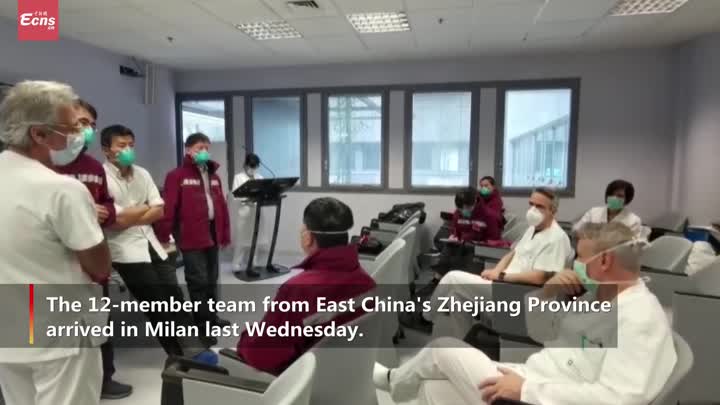A second wave outbreak in China is probably inevitable until we have a vaccine or effective treatments or prophylaxis, Larry William Chang, an infectious diseases expert at Johns Hopkins School of Medicine, told the Global Times over the weekend.
"But with intensive testing, contact tracing, and isolation, I think the extent of the wave can be managed," he said.
The Chinese central government's leading work department for steering COVID-19 prevention, chaired by Premier Li Keqiang, urged to deploy prevention policies which are now targeting prevention both relapses of domestic cases and increases of imported cases, according to its meeting on Monday.
Ramping up efforts
However, various Chinese medical experts, including Zeng from China's CDC, believed that a second outbreak is unlikely, considering the country's stringent measures and experiences during the past two months in combating the disease.
Wu Zunyou, an expert on epidemiology at the Chinese Center for Disease Control and Prevention, told China Central Television on Saturday that China has set up three "stages" to crack down on imported infections.
The first stage includes temperature and symptom checks at border entrances, along with examination of travel history in the past 14 days. "This could filter out about one-third of the infections," said Wu. A 14-day quarantine after arrival marks the second stage; and the third stage is inspections from medical organizations on quarantined patients.
Amid mounting pressure in containing imported cases, China's General Administration of Customs said on Monday foreign nationals who conceal information and furnish false information to border officials when entering China will be denied entry as punishment. Meanwhile, customs is closely monitoring vehicles coming from key pandemic countries and regions, and travelers must undergo health examinations at designated places.
Some patients returning from abroad have gone to supermarkets or had dinner with others, raising risks of close human-to-human transmission, Pang Xinghuo, vice director of the Beijing CDC, said during a press conference on Monday.
Observers warned that the most ideal situation was that the country would completely shut its doors to the outside world in preventing imported infections, but China cannnot afford to realize this. "It's inevitable to have imported cases," Liu Yuanju, a research fellow at the Shanghai Institute of Finance and Law, told the Global Times on Monday, "If we enter an absolute lockdown, how do we deal with our export and economic ties?".
Cities in China are now taking aggressive measures tracking case by case, which mainly focuses on isolating confirmed and suspected patients while treating them in a timely manner and tracking down close contacts by all possible means.
Yang Zhanqiu, a virologist from Wuhan University, told the Global Times that if imported infections are not handled properly, or if certain cities adopted lax regulations on international travelers' entry, these factors combined may give rise to localized infections in some cities.
Centralized quarantine is the most effective way to treat all arrivals from overseas, which could eliminate any possible risks, while self-quarantine at home may pose some problems, as some arrivals may have negative results in nucleic acid tests but then transmit the pathogen to others upon returning home, he said.
"So far, Beijing has adopted the most strict centralized quarantine measures and travelers pay for expenses themselves, which could be copied by other cities," Yang noted.











